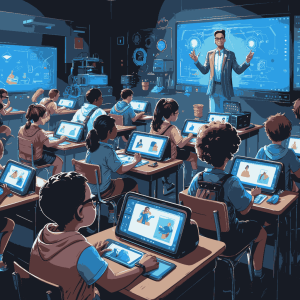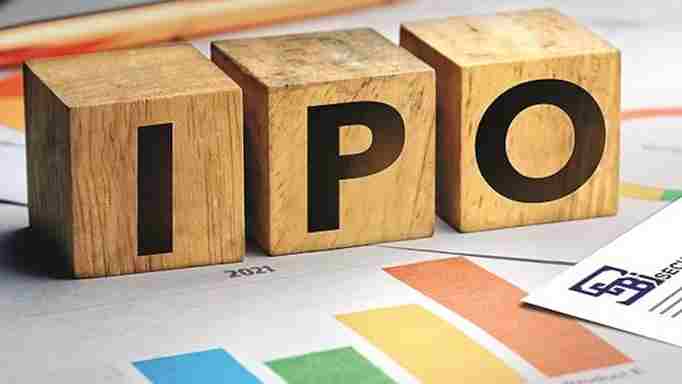In today’s fast-paced and ever-evolving world, “Lifelong Learning: Unlocking the Potential of Continuous Education”, the notion of education has transcended the boundaries of traditional classrooms and graduation ceremonies. Lifelong learning, also known as continuous education or lifelong education, has emerged as a fundamental concept for personal and professional growth in the 21st century. It signifies a commitment to learning and self-improvement that extends far beyond formal schooling and into every stage of life. In this blog post, we delve into the significance, benefits, and strategies of lifelong education in shaping a brighter and more fulfilling future.

The Significance of Lifelong Education
Gone are the days when education was viewed as a one-time endeavor limited to childhood and early adulthood. In today’s dynamic landscape, where technological advancements, economic shifts, and societal changes occur rapidly, the need for continuous learning is more pressing than ever before. Lifelong education recognizes that knowledge has a shelf life and that individuals must continually update their skills and expertise to remain relevant and competitive in their chosen fields.
Moreover, lifelong learning fosters adaptability, resilience, and a growth mindset—the essential qualities needed to thrive in an unpredictable world. It empowers individuals to embrace change, confront challenges, and seize opportunities for personal and professional development throughout their lives. By nurturing a culture of curiosity and exploration, lifelong education enables individuals to discover new passions, pursue diverse interests, and unlock their full potential.
The Benefits of Lifelong Learning: Unlocking the Potential of Continuous EducationLifelong Learning
The benefits of lifelong learning are manifold and extend to various aspects of life:
1. Career Advancement: Continuous education equips individuals with the knowledge and skills needed to adapt to evolving job market demands. It opens doors to new career opportunities, enhances employability, and increases earning potential.
2. Personal Growth: Lifelong learning stimulates intellectual curiosity and fosters personal growth and self-discovery. It enriches lives, broadens perspectives, and instills a sense of fulfillment and purpose.
3. Health and Well-being: Studies have shown that engaging in lifelong learning can have positive effects on mental health and cognitive function. Keeping the mind active through learning activities helps stave off cognitive decline and age-related conditions such as dementia.
4. Social Connection: Lifelong education provides opportunities for social interaction and community engagement. Whether through attending classes, joining study groups, or participating in workshops, learners can connect with like-minded individuals and build meaningful relationships.
5. Contribution to Society: Lifelong learners often contribute their knowledge and skills to the betterment of society. Whether through volunteering, mentoring, or pursuing projects with social impact, they play an active role in shaping a more knowledgeable and inclusive community.
Strategies for Lifelong Learning
Embracing lifelong education requires a proactive approach and a commitment to continuous self-improvement. Here are some strategies to incorporate lifelong learning into your life:
1. Set Learning Goals: Define clear objectives and identify areas of interest or skill development you wish to pursue. Break down your goals into smaller, manageable steps to track progress effectively.
2. Diversify Learning Methods: Explore various learning resources and modalities, including online courses, books, podcasts, workshops, and hands-on experiences. Mix and match different approaches to keep learning engaging and dynamic.
3. Prioritize Time for Learning: Allocate dedicated time in your schedule for learning activities. Treat learning as a priority and integrate it into your daily routine, whether it’s through short study sessions or longer immersive experiences.
4. Stay Curious and Open-Minded: Cultivate a curious mindset and remain open to new ideas, perspectives, and experiences. Be willing to challenge your existing beliefs and embrace lifelong learning as a journey of continuous discovery.
5. Seek Feedback and Reflection: Solicit feedback from peers, mentors, or instructors to gain insights into your progress and areas for improvement. Take time to reflect on your learning experiences and adjust your approach accordingly.
Conclusion
Lifelong education is not merely a luxury but a necessity in today’s rapidly changing world. By embracing continuous learning, individuals can adapt, thrive, and lead fulfilling lives in the face of uncertainty and complexity. Whether you’re pursuing new career opportunities, expanding your horizons, or simply enriching your mind, the journey of lifelong learning offers endless possibilities for growth and transformation.



